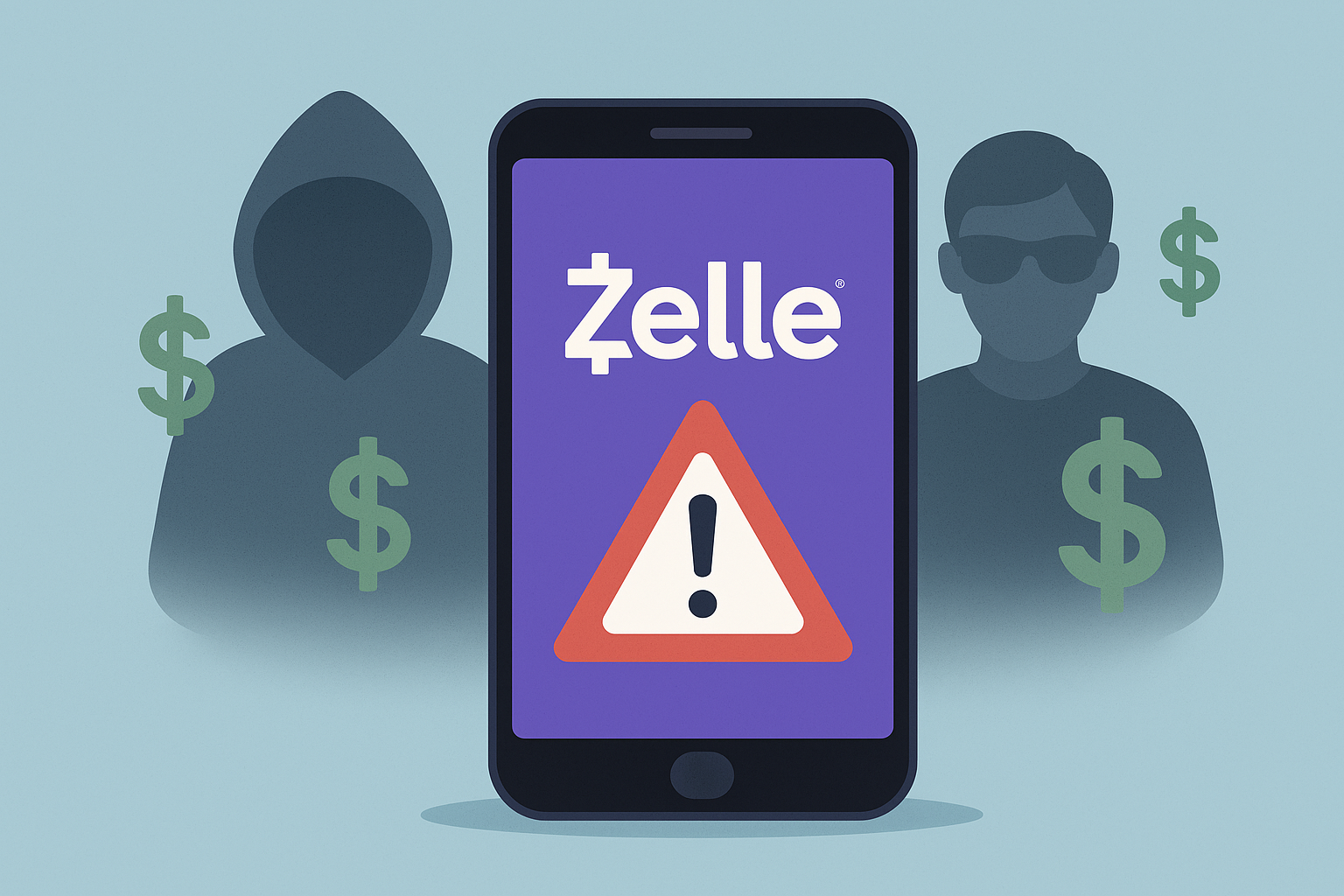New York Sues Zelle: $1 B Fraud Fallout and the Fight for Consumer Protection
Introduction
In August 2025, New York Attorney General Letitia James filed a lawsuit accusing Zelle’s operator, Early Warning Services, of enabling more than $1 billion in consumer fraud by failing to implement essential security safeguards.
What’s the Lawsuit About?
- Security failures: The platform allowed scammers to impersonate institutions and open deceptive accounts, exploiting weak user verification.
- Immediate and irreversible transfers: Zelle’s instant payment feature made it impossible to reverse fraudulent transactions before victims realized they had been scammed.
- Delayed safeguards: Although internal anti-fraud measures existed as early as 2019, they were not enforced.
- Victim stories: One example involves a consumer duped by a scammer posing as a utility company employee, losing nearly $1,500. Their bank declined to reimburse them.
Background: Earlier Attempts and Federal Action
- In December 2024, the Consumer Financial Protection Bureau sued Early Warning Services and major banks for fraud losses totaling $870 million, citing weak identity checks and poor consumer response.
- That federal lawsuit was dropped in March 2025 following political shifts.
- The New York suit revives the fight at the state level.
Why It Matters to Consumers
- Consumer risk: Zelle has become a conduit for both authorized and unauthorized scams, leaving victims with little recourse.
- Regulatory gaps: Instant payment systems continue to outpace consumer protection frameworks.
What the Lawsuit Seeks
- Restitution and damages for affected consumers
- Court mandates for stronger anti-fraud features such as enhanced verification, real-time fraud detection, and improved victim support systems
Conclusion
This lawsuit underscores the urgent need for secure, consumer-friendly design in payment systems. It could set a precedent for holding financial platforms accountable and reinforce the importance of proactive fraud prevention.




Comments are closed